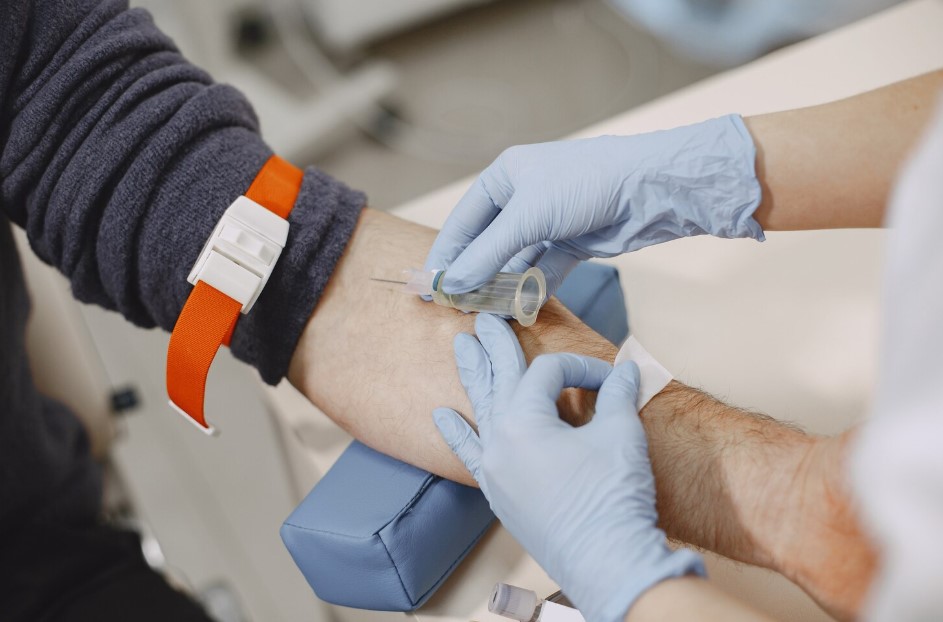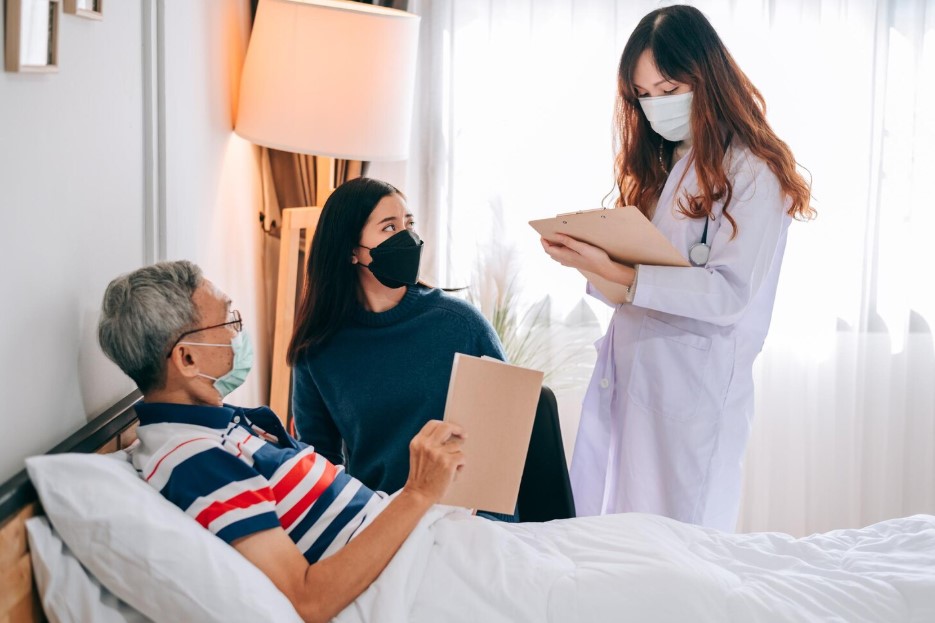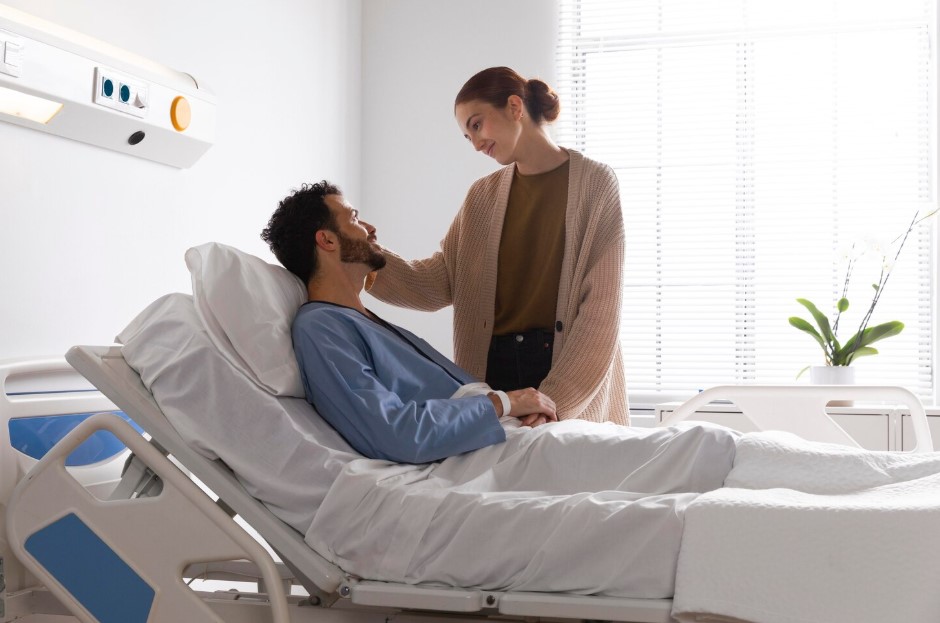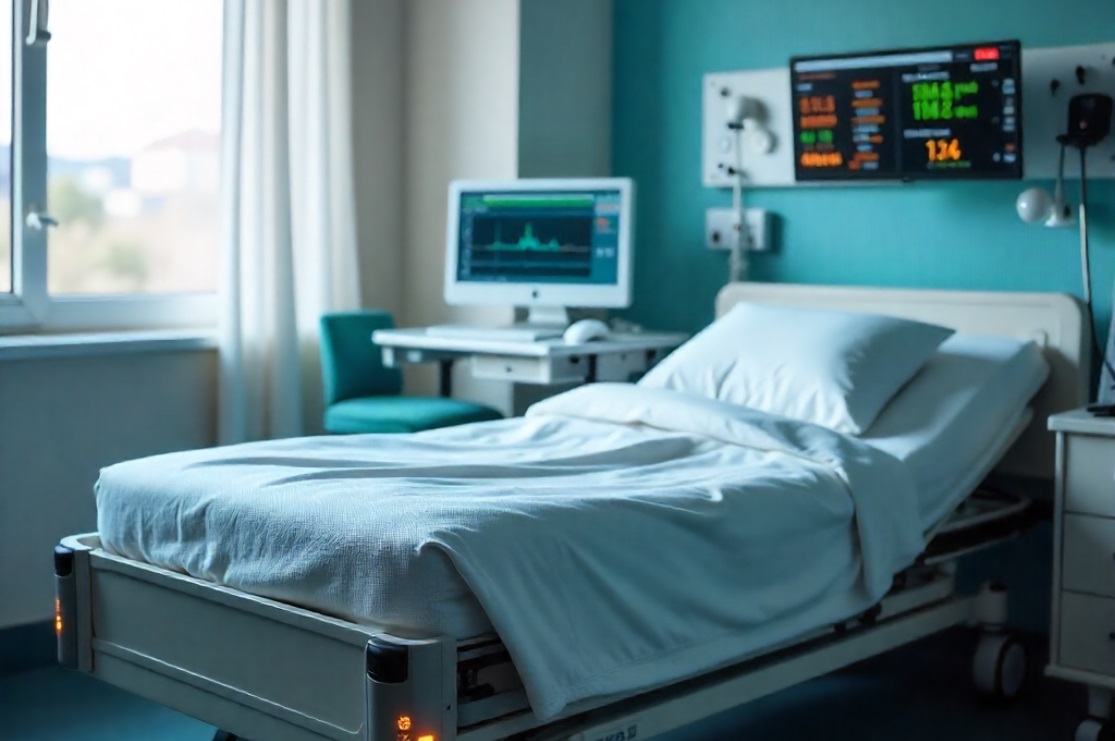28
Jan 2021
Things You Should Know When You Get Hospitalized Due to COVID-19
Published in General on January 28, 2021
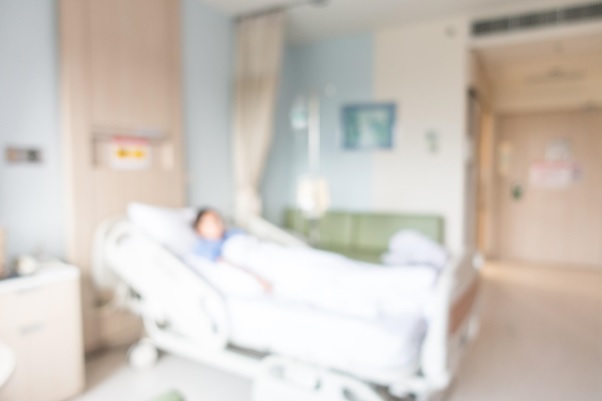
There are almost 97 million cases of COVID-19 globally, with over two million deaths. Countless hospitals in the world are struggling with managing the ongoing rise of people being hospitalized due to the virus. Countries commended for how they controlled the virus also experienced this problem.
When you are positive with coronavirus, regardless if asymptomatic or not, you’ll be isolated for two weeks with medication. Chances of being hospitalized are high, especially when the symptoms get worse.
But what happens when you’re there? Here are the things that you should be aware of when you’re hospitalized with coronavirus.
What COVID-19 are Symptoms Mostly Reported Among Patients?
COVID-19 has a lot of symptoms that can be mistaken for other illnesses and vice versa. Because of this, there are many possible COVID-19 symptoms a patient might experience. Thus, when someone is experiencing more than one symptom of COVID, they must get themselves checked to ensure whether or not they’re really infected with the virus.
COVID-19 is closely associated with breathing difficulties. However, people with lung problems, such as asthma, can find it difficult to differentiate the two.
There are medicines that treat asthma, such as budesonide. Because of this, many alleviate their breathing problems with an inhaler, often purchasing it with Symbicort coupons for cheaper costs. Shortness of breath due to asthma can be alleviated by your medicine. However, the same cannot be said for lung infection caused by COVID-19.
Aside from lung problems, many COVID-19 patients experience various gastrointestinal (GI) symptoms. The following are the most common GI problems among positive patients:
- Diarrhea
- Loss of appetite
- Nausea
- Vomiting
- Abdominal pain
- Acid reflux
- Irritable bowels
Dizziness, confusion, and the sudden shift of mental states are also part of the reasons why people with the virus go to the hospital, especially older adults. This is because the oxygen level of the brain drops, making the patient feel light-headed. And while GI problems aren’t really an indicator of COVID-19, you must be aware that it is still the symptom of it.
Hence, if the shortness of your breath is accompanied by GI problems, it’s best to contact a medical professional immediately. While it’s not entirely true, the virus mainly targets the respiratory system.
What Will Happen When You’re Admitted to the Hospital?
Once admitted, you will most likely stay in the hospital's emergency room. However, there are also field hospitals in some areas to assist the local and public institutions in the surge of positive patients.
The scenario differs in each hospital around the globe. Some have different levels of COVID-care units, where treatments depend on the severity of the illness caused by the virus. Those with mild symptoms and are not in need of critical care will have their vital signs regularly checked. Oxygen levels will be reviewed, too, along with the amount of water in the body to keep them hydrated. Those with severe symptoms will be provided with much more critical care.
All workers and patients need to observe the protocols in wearing masks and other personal protective equipment when in those units. This also needs to be highly observed during the medication and treatment of symptoms.
What if the Symptoms Continuously Worsen?
The cure for the illness is not yet discovered, and vaccines are still under distribution. Hence, hospitals still continue to monitor the symptoms of infected patients and whether they get worse or not. They also need to check you for new symptoms that may occur in your body.
If it happens that your symptoms become worse or if you have to go to the hospital due to severe conditions, the health care team will admit and take you to the Intensive Care Unit (ICU). This way, you will be provided with medications while observing your state more closely.
Those admitted under the critical care unit are only those with severe respiratory and cardiovascular problems. If the patient's respiratory condition worsens and blood pressure starts to increase, ICU admission is highly necessary.
Is Intubation or a Ventilator Necessary?
Not really. Just because you are admitted to the hospital with respiratory defects does not mean you will be intubated or need a ventilator. In fact, doctors are now having second thoughts on using ventilators among coronavirus patients, especially the older ones.
According to the research on AARP, 80 percent of coronavirus patients 80 years and older being ventilated did not survive, probably due to oxygen pressure from the machine. Moreover, only 3.3 percent of the patients who were put on the ventilator survived.
Experts stressed that this doesn’t mean that ventilators shouldn’t be used anymore. Moreover, many are being advised to consult a geriatrician and ask them for other options available.
How Long Will a Coronavirus Patient Stay in the Hospital?
It actually depends on the severity of your condition. Some patients stayed for over two weeks, while those with milder cases only stayed and recovered for only three or four days. Extended stays in a hospital are possible too, but this is usually for those with organ damages due to the virus’ infection.
What Happens After Discharge?
Discharged COVID-19 patients are not always fully recovered. While free from the threat of the virus, there are long-term impacts on the body, which can persist for months or even years. The effects include low lung capacity, muscle weakness, and sometimes delirium.
Recovery from coronavirus also doesn’t mean that you can’t be infected anymore. Acquiring the virus for a second time is still possible, so you should still be mindful of being around other people and practicing good hygiene.
Takeaway
There are still other things that may happen when you get hospitalized with COVID-19, depending on the hospital and its capacity to manage patients' worsening cases. That is why you need to protect yourself against the virus. Not only will you keep yourself safe, but you will also keep those who are immunocompromised from acquiring the illness.
